View all Standards for Texas Essential Knowledge and Skills for Theatre Arts
C.1.G analyze and describe the interdependence of all theatrical elements.
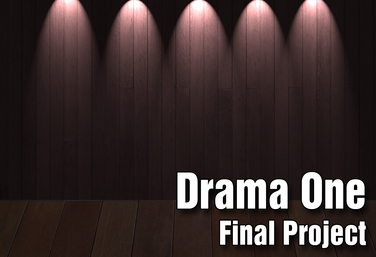
Part of the Drama One Curriculum
Drama One Final Project
by Karen Loftus
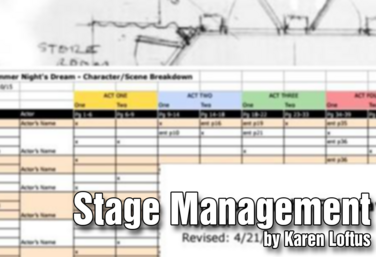
Stage Management
by Karen Loftus
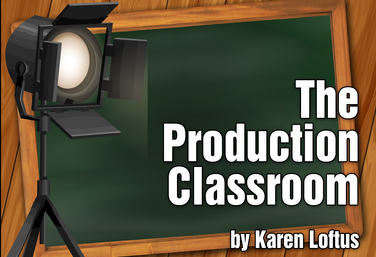
Part of the Production Classroom Units Curriculum
Production Classroom Units Overview
by Karen Loftus

Part of the Production Classroom Units Curriculum
Part One - Pre-Production
by Karen Loftus

Part of the Production Classroom Units Curriculum
Part Two - Rehearsal and Performance
by Karen Loftus

Part of the Production Classroom Units Curriculum
Part Two - Documents
by Karen Loftus

Part of the Production Classroom Units Curriculum
Part Three - Reflection and Assessment
by Karen Loftus
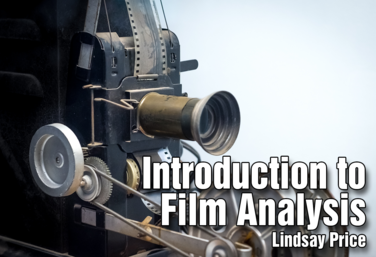
Introduction to Film Analysis: Mise en scène
by Lindsay Price
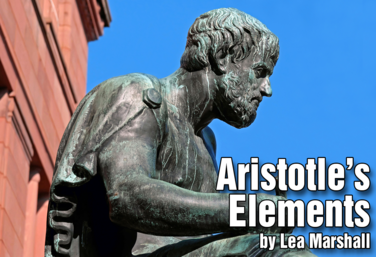
Aristotle's Elements
by Lea Marshall
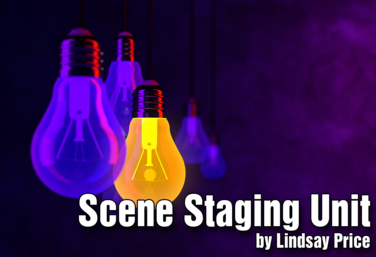
Scene Staging
by Lindsay Price
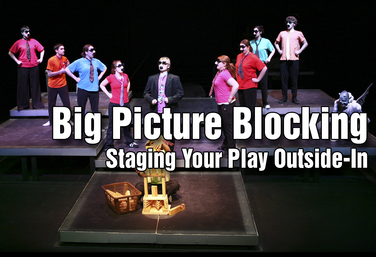
Big Picture Blocking: Staging Your Play Outside-In
by Todd Espeland

Concept-Based Design for the Theatre Teacher
by Matt Webster
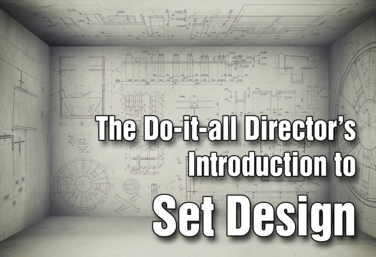
The Do-it-All Director's Introduction to Set Design
by Holly Beardsley
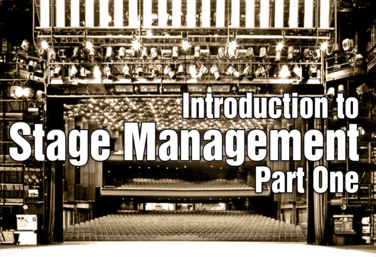
Introduction to Stage Management Part One
by Karen Loftus
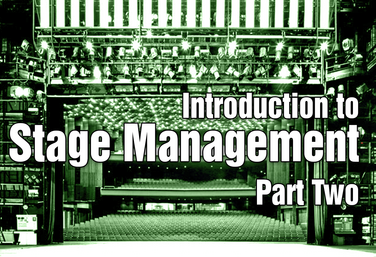
Introduction to Stage Management Part Two
by Karen Loftus

The Production Classroom
by Karen Loftus

21st Century Skills Through Devising
by Allison Williams

Tech Knowledge: Integrating Tech Throughout Your Rehearsal Process
by Claire Broome
View all Standards for Texas Essential Knowledge and Skills for Theatre Arts Standards Master List